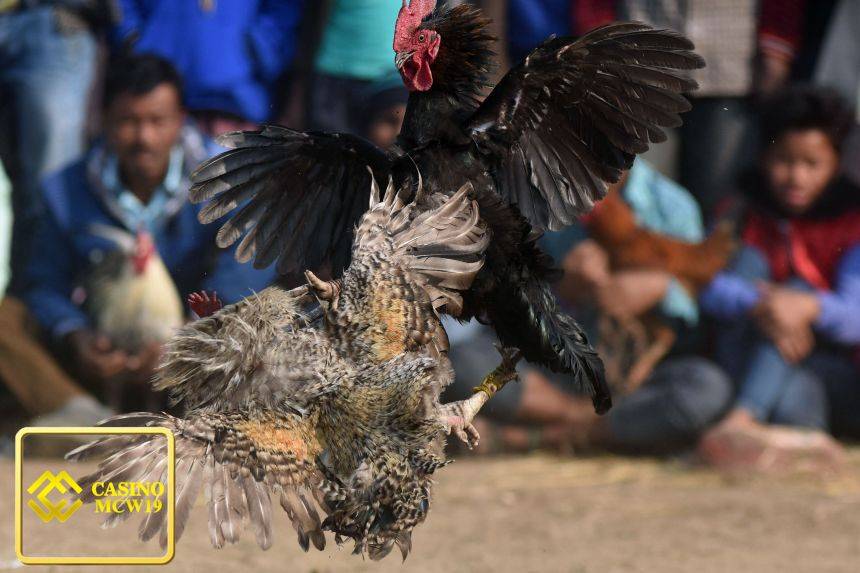Description
Introduction: Understanding Mcw19 Cockfighting
Mcw19 Cockfighting has grown as a notable name within the community that follows gamefowl contests and related competitions. Known for its dynamic events and high-stakes matches, Mcw19 Cockfighting brings both excitement and controversy into arenas where participants and spectators immerse themselves in the age-old tradition of rooster battles. In this comprehensive overview, we explore the various facets of Mcw19 Cockfighting, from its structure and rules to strategies, betting perspectives, ethical considerations, and cultural impacts.
The Roots and Evolution of Mcw19 Cockfighting
Cockfighting has existed in different societies for centuries, and Mcw19 Cockfighting represents a modern iteration that combines tradition with event organization, regulation, and community followership. Early forms were informal and localized, often without formal oversight. Over time, as interest grew, events like Mcw19 Cockfighting emerged to offer more standardized formats, match scheduling, and accountability. This evolution has allowed broader audiences to engage, either as participants, breeders, or fans.
Format, Rules, and Match StructureMatch Types and Divisions
Within Mcw19 Cockfighting, matches may be organized by weight class, experience level, or bird lineage. This ensures more balanced pairings. Some events allow only younger birds or those from specific breeding lines, while others host championship-level showdowns.
Round Duration and Victory Conditions
Rounds in Mcw19 Cockfighting typically last a set timeframe—often a few minutes—during which two roosters spar under supervision. Victory may be declared if one bird is incapacitated, withdraws, or exhibits injury preventing continued fighting. There are also point-based systems: judges may score on aggressiveness, ring control, attack success, and resilience.
Safety Precautions and Oversight
While safety is relative in cockfighting, Mcw19 Cockfighting enforces oversight: referees monitor matches, and veterinary personnel may be present. Weapons or attachments are strictly disallowed in standard events. Any foul play can lead to disqualification. This structured oversight helps maintain integrity and fairness in contests.
Training, Breeding, and Conditioning StrategiesSelective Breeding and Genetic Lines
Breeders aligned with Mcw19 Cockfighting place emphasis on lineage—selecting birds with proven aggression, stamina, and recovery. Traits such as fast reflexes, temperament under duress, and strong cardiovascular endurance are prioritized. Over generations, such breeding can yield a distinct fighting strain.
Physical Conditioning and Diet
Training regimens commonly include interval exercise—short, high-intensity bouts in confined enclosures, as well as stamina drills (e.g., treadmill or flying exercises). Diet is equally important: high-protein feed, supplements for muscle repair, and carefully timed fasting cycles are common among serious practitioners.
Sparring, Simulation, and Mental Conditioning
Birds may spar with non-lethal practice partners to build skill without risk of injury. Simulation strategies—such as dummy opponents or aggressive playbacks—help condition response times. Trainers often watch behavior closely, reinforcing confidence while correcting hesitation.
Information:
Website:
https://psi.de.com/mcw19-cockfighting/
Address: 135 Senpara Parbata Ln, Dhaka, Bangladesh
Phone number: 01446199945Post code: 1223
#mcw19 #mcw19_cool #mcw_19#mcw_casino #mcw #mcwcasino #casinomcw #casino_mcw
